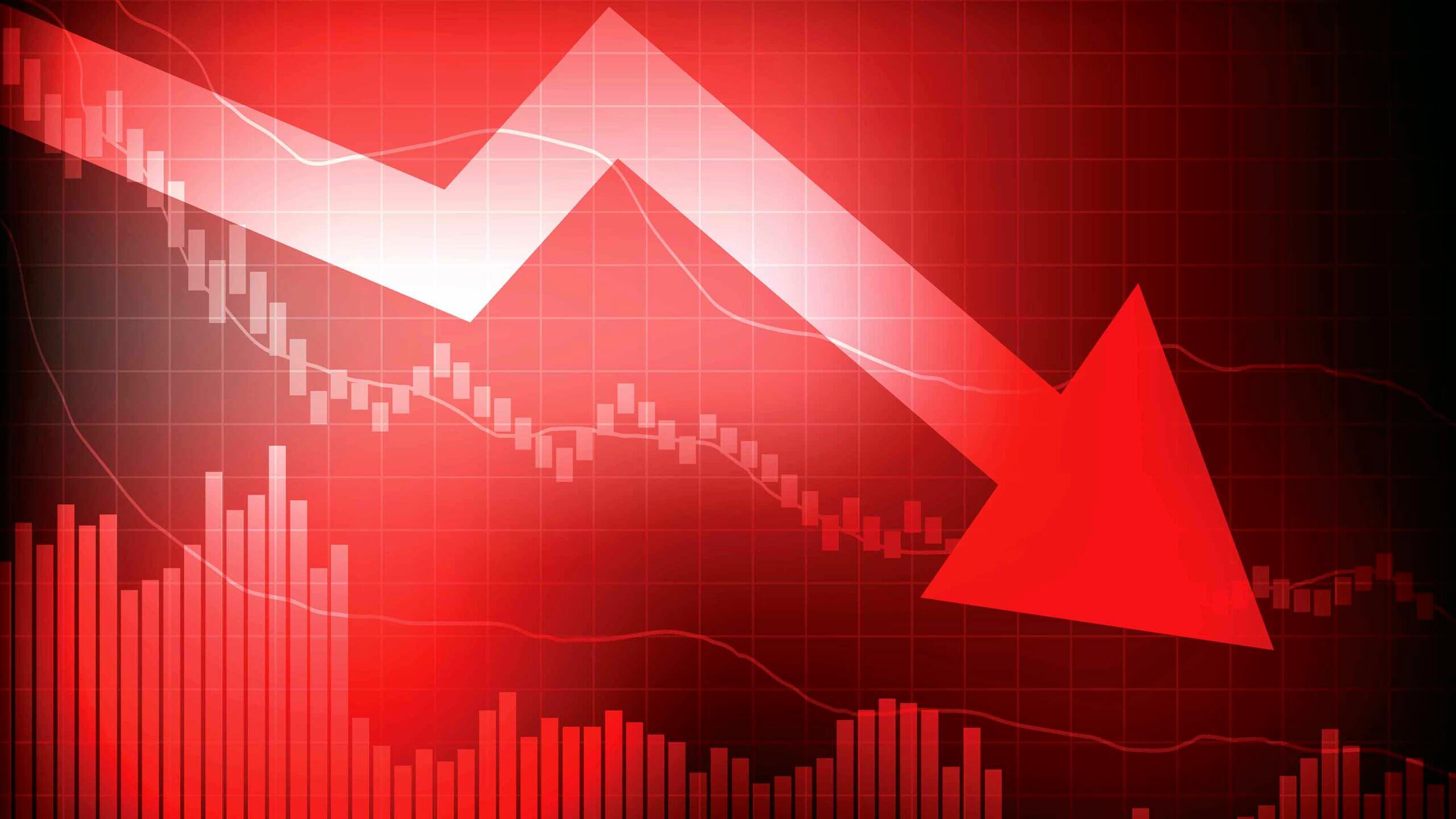The stock market’s fluctuations are driven by a combination of various factors:
1. Economic Indicators
- GDP Growth: When the economy grows, companies tend to perform better, leading to higher stock prices.
- Employment Rates: High employment rates usually boost consumer spending, benefiting businesses.
2. Corporate Performance
- Earnings Reports: Companies release quarterly earnings reports. Strong results can push stock prices up, while disappointing results can drag them down.
- Innovations and Product Launches: Successful new products or services can drive stock prices higher.
3. Market Sentiment
- Investor Confidence: Positive news can boost investor confidence, while negative news can erode it.
- Market Trends: Bull markets (rising prices) and bear markets (falling prices) are influenced by broader market sentiment.
4. Political Events
- Elections: Political stability or instability can impact market confidence.
- Policy Changes: New regulations, taxes, and trade policies can affect market dynamics.
5. Global Events
- Geopolitical Tensions: Wars, conflicts, and diplomatic relations can influence markets.
- Natural Disasters: Events like earthquakes and hurricanes can disrupt economic activities.
6. Interest Rates
- Central Bank Policies: Changes in interest rates by central banks affect borrowing costs and consumer spending, impacting stock prices.
7. Inflation
- Rising Inflation: Can erode purchasing power and affect consumer behavior, impacting corporate profits and stock prices.
How to Predict if a Stock Will Go Up or Down Before or After Election Results in India
Predicting stock movements, especially around elections, is complex. Here are some strategies and factors to consider:
1. Historical Analysis
- Past Election Trends: Analyze how markets reacted to previous elections. This can provide insights into potential market behavior.
2. Political Manifestos and Campaign Promises
- Economic Policies: Examine the economic policies proposed by leading candidates and parties. Pro-business policies might boost investor confidence.
3. Opinion Polls and Forecasts
- Poll Data: Track opinion polls to gauge the potential outcome of the election. Markets might react to anticipated results.
4. Market Sentiment
- Investor Behavior: Monitor investor sentiment leading up to the election. High volatility can indicate uncertainty.
5. Sector Analysis
- Industry Impact: Some sectors might be more affected by election outcomes than others. For example, infrastructure stocks might react positively to promises of increased spending.
6. Global Market Trends
- International Influence: Global markets and geopolitical events can also influence the local stock market.
7. Technical Analysis
- Chart Patterns: Use technical analysis to identify trends and potential turning points in stock prices.
- Indicators: Utilize indicators like moving averages, RSI, and MACD to predict stock movements.
8. Economic Indicators
- Leading up to Elections: Pay attention to key economic indicators like inflation, GDP growth, and employment rates, as they can influence voter sentiment and market reactions.
Conclusion
Predicting stock movements around election results requires a multifaceted approach, combining historical data, political analysis, market sentiment, and technical indicators. While it’s impossible to predict market movements with certainty, understanding these factors can help investors make more informed decisions.
I am Komal Hatwaani, aims to provide readers with informative and engaging content that covers everything from technology and business to entertainment and lifestyle. This website dedicated to delivering high-quality content that informs, entertains, and inspires our readers.
Join us on our journey as we continue to explore the ever-evolving landscape of news and information, providing you with valuable insights and perspectives that enrich your digital experience.













